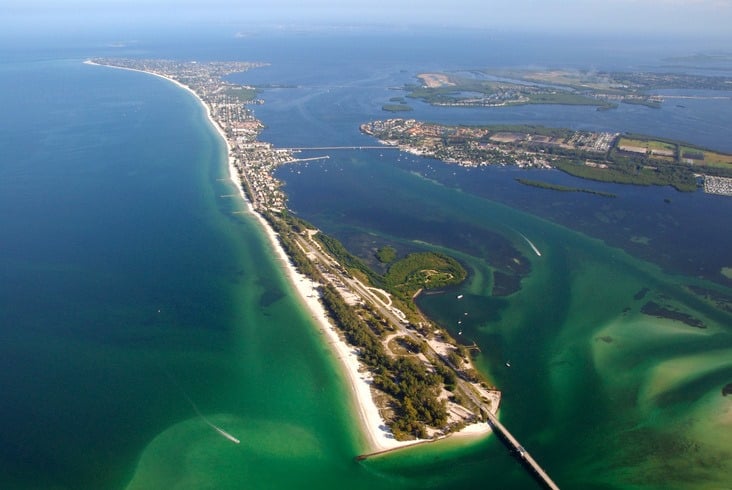In the play “Auntie Mame” the main character tells her nephew “Life is a banquet, and so many people are starving to death”.
The meaning is clear: life offers us so much, and most of us limit what options we will choose. In the first lesson this Sunday from the book of Proverbs Wisdom is portrayed as a woman who invites people to her banquet. Again, the meaning is clear: just as ordinary food is necessary for physical life, Wisdom’s food – insight and understanding – is necessary for life with God. In the gospel, Jesus tells us that He is the bread of life. God provides for us to be fed. Not just with food and wisdom, but with the very bread of life – Jesus Christ.
Thanks be to God.
Pastor Bill

